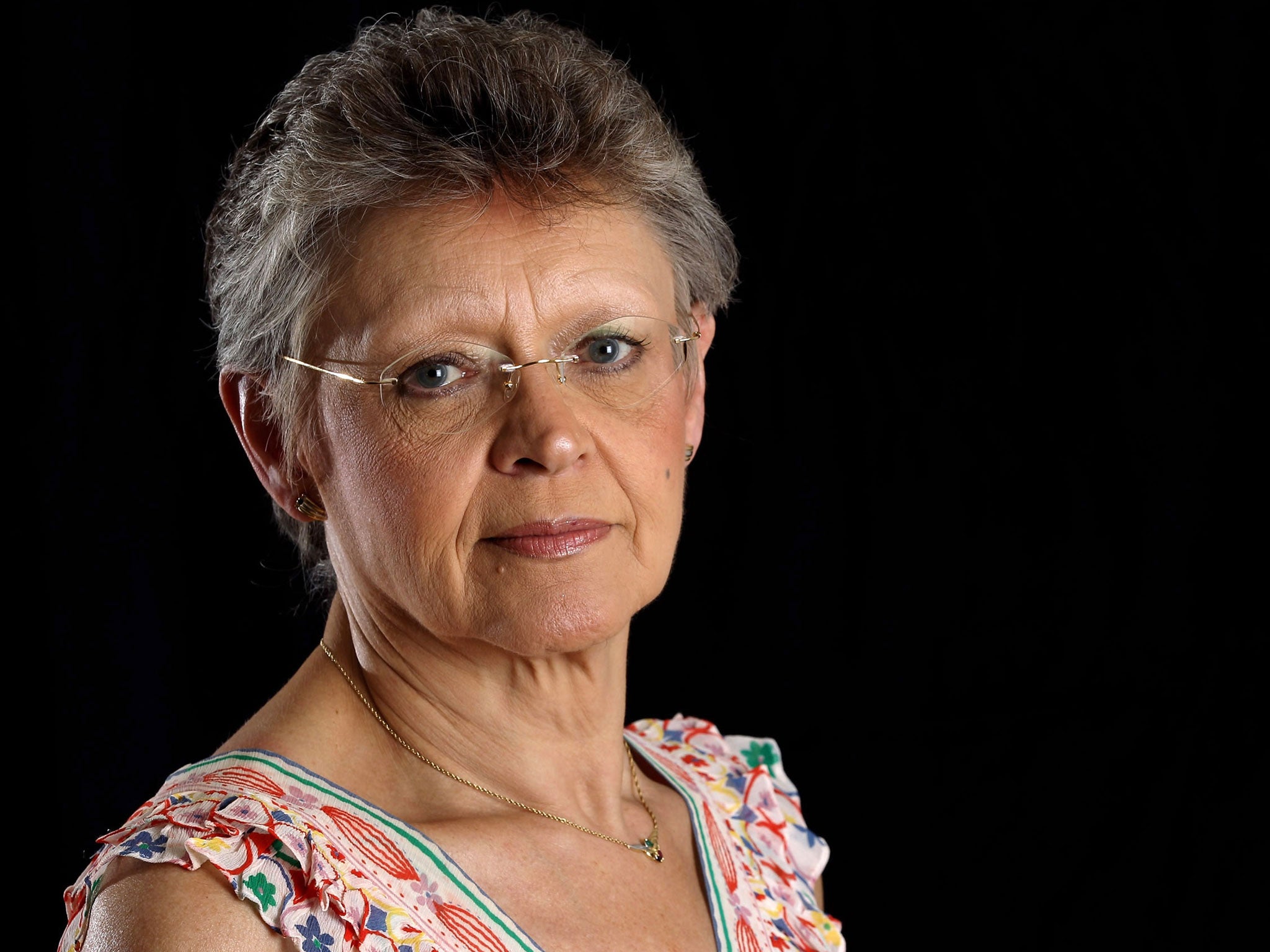A cure for HIV is now a a realistic possibility
Thirty years after the virus was identified, the French scientist behind its discovery is looking to the future. Steve Connor meets Françoise Barré-Sinoussi

This week in Paris, the world's leading Aids scientists will gather to mark the 30th anniversary of the discovery of HIV. At least one of them, who won the Nobel Prize for her work, is quietly confident that very soon something approaching a cure for HIV will be possible.
Françoise Barré-Sinoussi believes that HIV is no longer the invincible agent she and her colleagues had once imagined. In fact, she speaks openly of the "C" word, which for years was taboo among HIV researchers.
"Normally when you say 'cure', you mean eradication of the virus from the body," she says. "But this is going to be very difficult, not to say impossible. However, there is another definition of cure, which is a 'functional cure'. This means people can be treated with drugs or whatever, and they will be able to stop their treatment and continue to control the virus without treatment. It is like remission in cancer. As part of this control we will limit the capacity of patients to transmit HIV to others, so there is a double benefit."
Since the early 1980s, HIV is estimated to have infected 60 million people worldwide, claiming the lives of about 25 million who have died of Aids-related illnesses. Anti-retroviral drugs have dramatically changed the outlook for people with HIV. In the past, infection was almost always followed a few years later by Aids and death. Now, with life-long drug treatment, most patients can expect a near-normal life expectancy. But a cure for HIV has not, until recently, been considered a realistic possibility. The strengths of the virus were believed to be too overwhelming.
"We are clearly making progress in understanding the early phase of HIV infection, the establishment of the [viral] reservoir and the mechanism of latency," she says. "As a result, in the coming years I am convinced we will have wonderful progress in terms of treatment for patients."
For 30 years, virologists have marvelled at the apparent unassailability of this tiny, viral speck of genetic material that can bring down a person's immune defences so completely.
Dr Barré-Sinoussi, working with her colleague at the Pasteur Institute in Paris, Luc Montagnier, with whom she shared the Nobel Prize, isolated the virus in 1983 from a French patient's lymph tissue. In their scientific paper, published later that year, they tentatively called the virus lymphadenopathy associated virus (LAV) to reflect this fact.
A year later, in 1984, an American team led by Robert Gallo of the US National Cancer Institute announced the discovery of another "Aids virus", which they called HTLV-3. After an acrimonious legal dispute, it was finally agreed that the discovery was a joint effort – although the fact that Dr Gallo was excluded from the 2008 Nobel Prize shows that the French had scientific primacy. Dr Barré-Sinoussi said that scientific collaboration in HIV research is critical to finding a functional cure.
Recent omens have been promising. For a start, there is the "proof of concept" in the form of the "Berlin patient", an American gay man in Germany, who in 2007 was given a bone marrow transplant that appears to have cured him of HIV. The transplant donor had a mutation in a gene called CCR5, which is known to confer resistance to HIV. People carrying such mutations, who number fewer than 1 per cent of the population, are known as "elite controllers" because they seem to control HIV without letting it progress to Aids. "They are HIV-positive but have not had any treatment for up to 15 years, and they are naturally able to control their infection," Dr Barré-Sinoussi says.
More recently, French doctors have identified a group of 14 HIV-positive people, known as the Visconti patients, who similarly are able to survive the withdrawal of drugs for long periods without developing signs of Aids."They were treated very early after infection," she explains. "It has now been more than seven years since they stopped their treatment, and they have a very low viral reservoir."
This is why she and some of her colleagues are confident that at some point in the next 30 years we will see a functional cure for HIV. "I have no idea when, but I do know that if we work together in an integrated way it will be faster."
At which point one can't but ask whether she has a collaborative relationship with Robert Gallo. "My relationship with Gallo? I know where you want to go, but I will not answer the question. I mean I have a good relationship personally with Bob. I've no problem at all."
Join our commenting forum
Join thought-provoking conversations, follow other Independent readers and see their replies
Comments